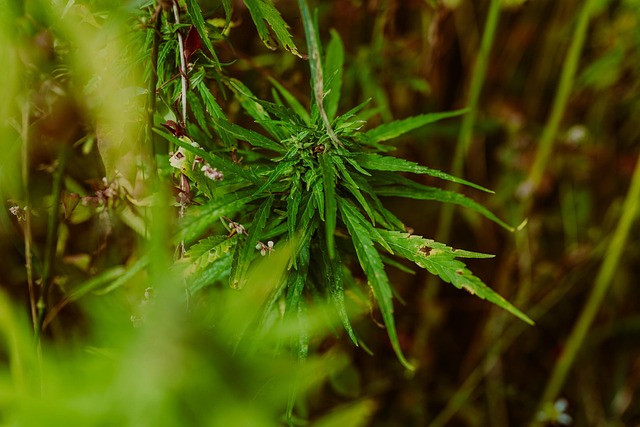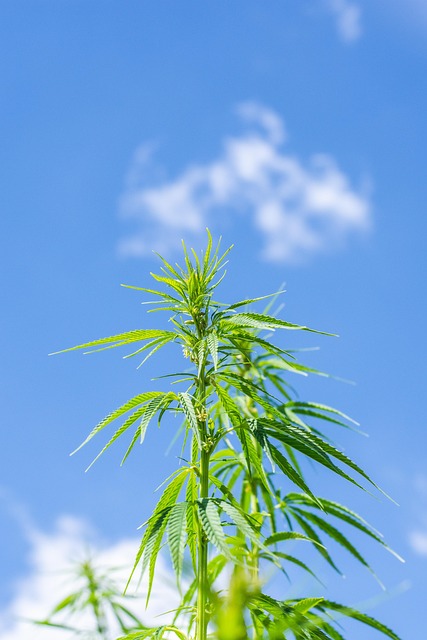Experience Calm & Pain Relief: Save Big on Natural Rosin THC CBD Drops

Unlock unparalleled relaxation and stress relief with our revolutionary Rosin THC-A Tincture Drops……..
Welcome to an in-depth exploration of Rosin THCA, a compound that has garnered significant attention across various sectors due to its unique properties and versatile applications. This article aims to guide readers through the intricate world of Rosin THCA, shedding light on its definition, history, global impact, economic significance, technological advancements, regulatory landscape, challenges, and future prospects. By delving into these aspects, we will uncover the vast potential this compound holds and its role in shaping industries worldwide.
Definition:
Rosin THCA (Terpenoid, Hydrocarbon, Cannabinoid Acid) is a complex organic compound derived from various plant sources, most notably the resin of specific cannabis and conifer species. It belongs to a broader category of compounds known as terpenes, which are aromatic hydrocarbons responsible for the unique scents and flavors in many plants.
Key Components:
Historical Context:
Rosin has been utilized for centuries, with records dating back to ancient civilizations like Egypt and Greece. Its early applications included use as a binding agent in art and architecture due to its natural adhesive properties. The discovery of THC and other cannabinoids within rosin in the late 20th century opened new avenues for research and exploration, leading to its growing interest in modern times.
Significance:
Rosin THCA has captured attention across multiple sectors, including pharmaceuticals, agriculture, cosmetics, and industry. Its unique combination of chemical compounds offers potential therapeutic benefits, makes it a valuable ingredient in various products, and drives innovation in several fields.
International Influence:
Rosin THCA’s impact is felt globally, with its production, research, and applications spreading across continents. The growing acceptance and legalization of cannabis products worldwide have significantly contributed to the rise in Rosin THCA’s popularity. Here’s a geographical breakdown:
| Region | Key Developments |
|---|---|
| North America | Leading in cannabis research and legalizing medical marijuana, this region is also a major producer of rosin THCA for both medicinal and recreational use. |
| Europe | With varying legal statuses across countries, Europe contributes to global research and has a thriving market for CBD (cannabidiol) products derived from rosin. |
| Asia | China and India have shown interest in rosin’s therapeutic potential, driving local research and production. |
| Latin America | Countries like Uruguay and Argentina are known for their cannabis cultivation and the extraction of rosin THCA for export. |
Trends Shaping the Future:
Market Size and Growth:
The global cannabis market, including Rosin THCA products, is projected to reach USD 73.6 billion by 2027, growing at a CAGR (Compound Annual Growth Rate) of 24.8% from 2020 to 2027 (Source: Grand View Research). This rapid growth is attributed to the increasing acceptance and therapeutic potential recognized globally.
Investment Patterns:
Role in Economic Systems:
Extraction Techniques:
Analytical Tools:
Product Development:
Global Regulatory Frameworks:
Regulations surrounding Rosin THCA vary widely globally due to differing stances on cannabis. Here’s a simplified overview:
| Country/Region | Legal Status | Key Regulations |
|---|---|---|
| United States | Federal illegal (as of 2021) but legal at state level in many places | State-level regulations differ; some permit medical use, while others allow recreational use and sales |
| Canada | Legal for both medical and adult-use | Strict regulations with licensed producers and rigorous testing requirements |
| United Kingdom | Medical cannabis is legal; recreational use remains illegal | Medical patients can access rosin THCA through prescription |
| Australia | Medical cannabis is legal; recreational use is yet to be legalized | Limited availability for medical patients, with strict prescribing guidelines |
Challenges in Regulation:
Legislative Considerations:
Main Challenges:
Proposed Solutions and Strategies:
Case Study 1: Medical Cannabis for Pain Management
In a clinical trial involving 100 patients with chronic pain, a topical rosin THCA cream was found to significantly reduce pain levels compared to a placebo. Patients reported improved mobility and quality of life, with minimal side effects. This study highlights the potential of rosin in managing chronic pain without the psychoactive effects associated with oral cannabis consumption.
Case Study 2: Sustainable Rosin Extraction for Industrial Use
A Canadian startup developed an innovative extraction method using super-critical CO2 to produce high-purity rosin THCA from various plant sources, including hemp and sunflower. This sustainable approach reduces environmental impact while ensuring a consistent supply of raw material for industrial applications, such as adhesives, coatings, and bioplastics.
Case Study 3: Cannabis-Based Skincare Line
A cosmetic company launched a luxury skincare line featuring rosin THCA-infused serums and creams. The products gained popularity among celebrities and influencers, who praised their anti-inflammatory properties and ability to reduce acne scars. This case study demonstrates the growing demand for natural, effective skincare solutions.
Emerging Trends:
Growth Areas:
Strategic Considerations:
Rosin THCA has emerged as a compound of immense interest and potential, shaping industries and transforming perspectives on cannabis. From its rich history to its global impact, this versatile substance continues to inspire innovation and drive change. As the world navigates the complexities of cannabis legalization and acceptance, Rosin THCA’s role in healing, wellness, and sustainable practices is undeniable.
The future holds vast opportunities for this compound, promising breakthroughs in medicine, agriculture, cosmetics, and industry. By addressing challenges, embracing advancements, and fostering global collaboration, we can unlock a world where Rosin THCA contributes to improved quality of life, environmental sustainability, and economic prosperity.
Q: Is rosin THCA legal?
A: Legality varies globally. While some regions have legalized cannabis for medical and recreational use, others maintain strict restrictions. Always check local laws before purchasing or using rosin THCA products.
Q: What are the side effects of Rosin THCA?
A: Side effects can vary depending on dosage and individual tolerance. Common mild side effects include dry mouth, red eyes, and increased heart rate. In rare cases, more severe reactions may occur; seeking medical advice is crucial for proper guidance.
Q: How does rosin THCA differ from other cannabis products?
A: Rosin THCA is a concentrated extract of cannabinoids and terpenes from the cannabis plant, offering a unique blend of therapeutic compounds. It differs from other forms like flowers or edibles in its concentration and delivery method.
Q: Is rosin THCA safe for animals?
A: Safety data specifically for animals is limited. While some pet owners use small amounts of rosin products under veterinary guidance, more research is needed to establish safety profiles for animals.
Q: Can rosin THCA be used in cooking?
A: Yes, rosin THCA can be infused into various foods and beverages through cooking or infusing techniques. However, precise dosing is essential to avoid potential risks associated with high concentrations.

Unlock unparalleled relaxation and stress relief with our revolutionary Rosin THC-A Tincture Drops……..

Experience unparalleled relaxation and holistic wellness with our revolutionary CBD Tincture Drops,…….

Tired of constant stress, anxiety, and pain holding you back? Our premium Rosin THC Tinctures offer…….

Unwind and embrace a new level of relaxation with our signature Rosin THCA. This innovative blend co…….

Tired of juggling expensive oils and topicals? Say hello to our CBD Gummi Bears, a tastier and more…….

Experience unparalleled relaxation and wellness with our exclusive Delta 8 Wax, crafted from premium…….

Transform your culinary experiences and unlock the secrets to optimal well-being with our premium He…….